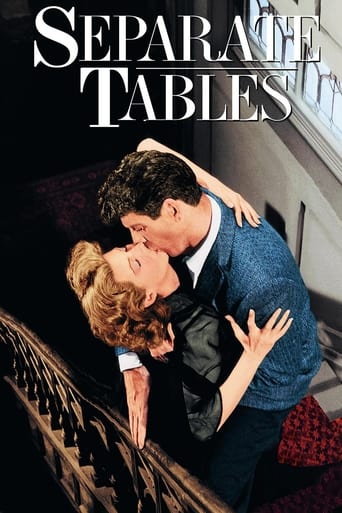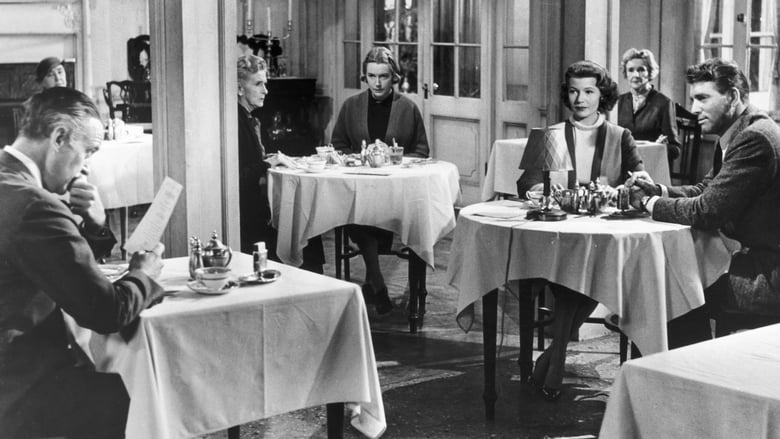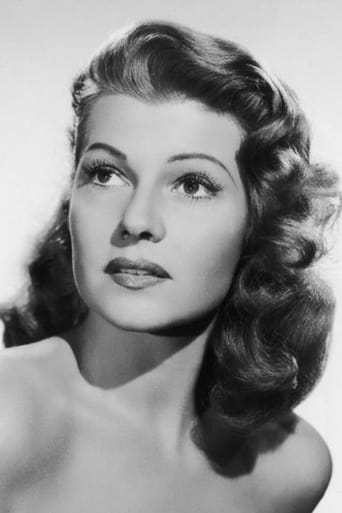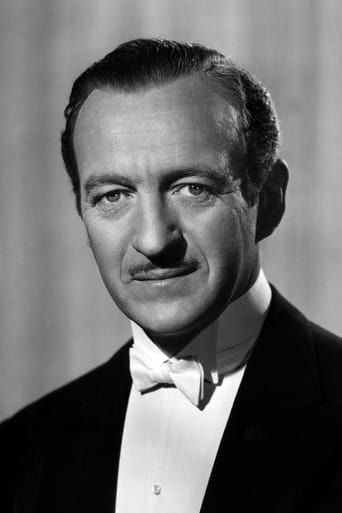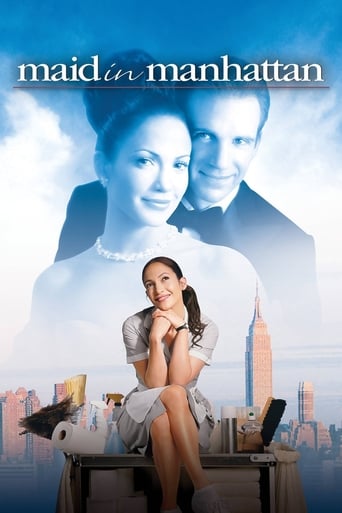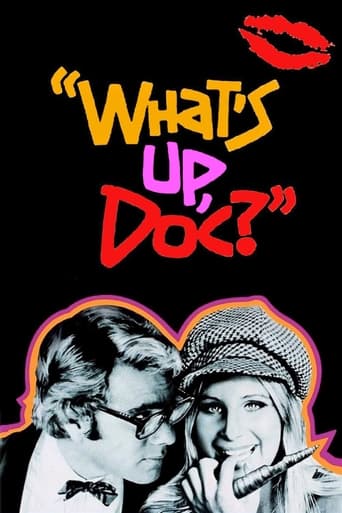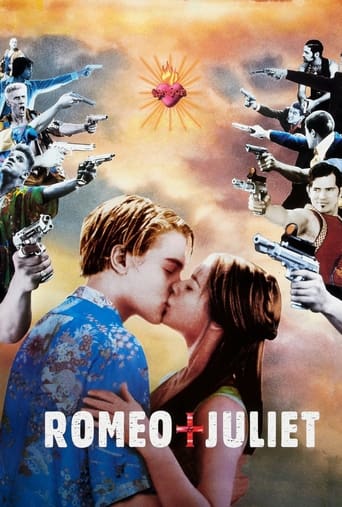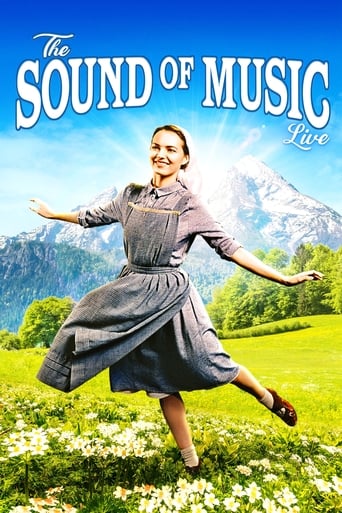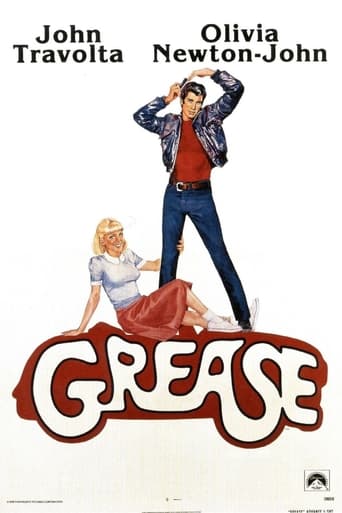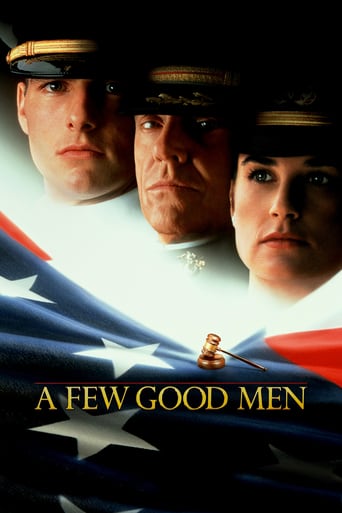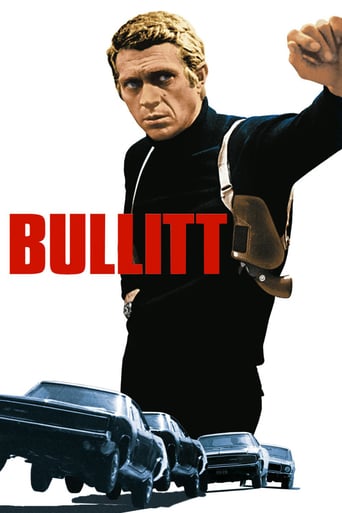Separate Tables (1958)
Boarders at an English resort struggle with emotional problems.
Watch Trailer
Cast


Similar titles
Reviews
A Masterpiece!
The film makes a home in your brain and the only cure is to see it again.
The film's masterful storytelling did its job. The message was clear. No need to overdo.
A clunky actioner with a handful of cool moments.
A drunken and violent wife-beater, a man who falsifies his military record and molests women in movie theaters, a sleeping pill addict who wrecked her own marriage, a pathetically depressed and repressed girl, and a vindictive mean-spirited self-righteous old woman...if you would like to spend two hours with this bunch of losers and creeps, this movie is for you.We are meant to feel all warm and fuzzy about them, and I guess some viewers did in 1958 and some still do (to judge from the reviews). The writing is terrible and the characters are so pathetic that I walked out before the end.The only good thing about seeing this movie is that it shows there has been a bit of progress in gender relations since 1958: Wife-battering and groping women in movie theaters are now less likely to be seen as lovable little foibles.
The owner of a British pension shall endeavor to settle the difficulties of communication and coexistence among its guests solitary. Taken from a famous comedy (1955) by Terence Rattigan (who took care of the adaptation with John Gay), is above all a film of actors. This is definitely one of the best movies I've ever seen. The fact that everything that happens in a small hotel in Bournemouth (England), without violence, without special effects, without thousands of extras and big expense says it all. Outstanding performance by a cast of stars, including David Niven. He gripped from beginning to end, but by modern standards in a gentle way. A film perhaps especially for women, but as a man I can only say that I found very moving. I always go to see a movie every time you present as ever. A classic.On 7 Oscar nominations had the D. Niven and W. Hiller. Cinema of speech, but of impeccable packaging.
Having recently watched "You Were Never Lovelier" with Fred Astaire and Rita Hayworth, it's interesting to notice how she was largely shot and directed throughout her career.Her dancing in "Lovelier" was fun and fine in "The Shorty George," where she's relaxed and clearly having a ball -- and appears to be keeping up with Astaire. "Appears" is the operative word. Astaire (who choreographed) carefully kept their routines within Hayworth's range, never challenging her beyond her capacities. But Hayworth completely lacked Ginger Rogers' lithe body fluidity and on screen electricity.Hayworth was stunningly beautiful, of course. But even in "Lovelier" there are moments when, not carefully lit, the forehead lines that were so apparent in later years (unless also carefully lit) were already apparent and fleetingly distracting.More to the point was how she was directed and photographed in "Lovelier." She actually has very few lines. What she does have are usually brief and delivered in a relatively quick take before cutting away.She never makes emotional transitions in a scene. Rather, the camera cuts to a new angle when she's called on to register a different emotion. The primary goal at all times is to maintain her seemingly flawless facial beauty. Fine in a fluff piece like "Lovelier."Cut to "Separate Tables" 16 years later.Hayworth is still beautiful if more "mature." AGAIN she is never shown making an emotional transition in one shot: cutaways are instead employed. The technique (to disguise her limited acting abilities) is particularly jarring in her dramatic scene in her bedroom with Burt Lancaster. On closer inspection, she "poses" from cut to cut rather than displaying her character's emotional arcs.Sure, she was supposed to be an aging model, all self-possessed poise. But not in that dramatic scene.Still, it's a fascinating lesson in how skilled film making disguises limited range. (For a heartbreaking account of the making of her last film, read Frank Langella's "Dropped Names.")Terence Rattigan's play was forced to disguise the homosexual "scandal" of the Major's (David Niven) being arrested for soliciting men in dark movie houses, though the implication is fairly clear.Knowing the repression of homosexuality at that time makes Niven's performance even more involving; especially once the scandal is revealed to the boarders at the Beauregard.Niven's amazing performance (in only 16 minutes of screen time) is disarmingly deep. He goes from an almost comical figure to an exposed fraud with a dark secret since childhood, to a lost late-middle-aged man with no future, to the final hope of redemption.Niven shows all his character's subtle emotional transitions in sustained takes (unlike Hayworth).Deborah Kerr is fine and completely convincing, as always.Burt Lancaster gives another version of Burt Lancaster in not his finest hour. "Sweet Smell of Success," "The Rose Tattoo," "Come Back, Little Sheba," "Birdman of Alcatraz" and "Judgment at Nuremberg" -- even "Trapeze" -- are better records of his talents. But he's always believable.The remaining cast, especially the nuanced Wendy Hiller, are terrific.Still, it's Hayworth's impression -- not her character's -- who lingers as something not quite real, not untalented, but unrealized and somewhat vacant. It's not her mental deterioration. It was there on screen from the beginning. She tried gamely throughout her career, and looked magnificent thanks to careful costuming, lighting and cinematography. But even with careful cutaway direction she seems little more than a paper doll -- and finally, tragically, just as fragile.
This is a very serious film that tells the stories of a number of people who live at a small British hotel. They dine each evening at "separate tables".Wendy Hiller plays the manager of the hotel and is secretly engaged to resident Burt Lancaster, who drinks just a little too much. The wonderful Gladys Cooper overprotects her very nervous daughter Deborah Kerr (so plain here). David Niven plays a high-ranking military veteran who is exposed as being a harasser of young women at a cinema...not to mention telling lies about his past. Will he be expelled from the hotel? Rod Taylor plays a not-very-romantic new husband. Lancaster's ex-wife (Rita Hayworth) shows up, and reveals to us that Lancaster tried to kill her and spent time in prison. One thing -- at the end of the movie, most of the subplots are pulled together. Some endings are relatively happy, others unhappy, some just neutral. In other words -- real life.One of the most brilliant things about this film is how seamlessly the seemingly unconnected sub-plots meld together.This is not an exciting film, but it is brilliantly acted by just about all involved. And what a remarkable cast it is! Rita Hayworth is wonderful, and I realized that she is one actress I have payed little attention to; time to reassess! Deborah Kerr is remarkable as the terribly shy and nervous young woman; almost hard to believe it's her. I'm usually pretty neutral toward David Niven, but this is one of his best roles! I'm also rather neutral toward Burt Lancaster, but he is excellent here. As another reviewer wrote, Wendy Hiller can do no wrong! Gladys Cooper is one of the finest character actresses of her era, although as was often the case, she's not very likable in this role. Cathleen Nesbitt and Felix Aylmer round out the cast nicely. The subplot with Rod Taylor is irrelevant to the film and should have been eliminated. May Hallatt is good as Miss Meacham.Highly recommended, and it gets a very rare "8" from me.

